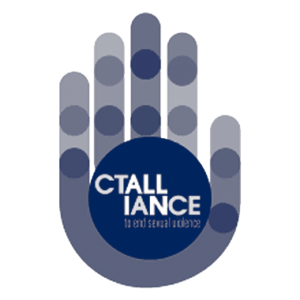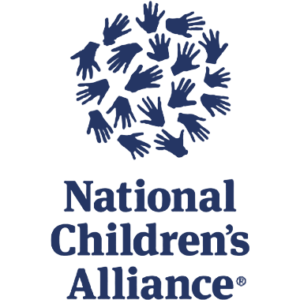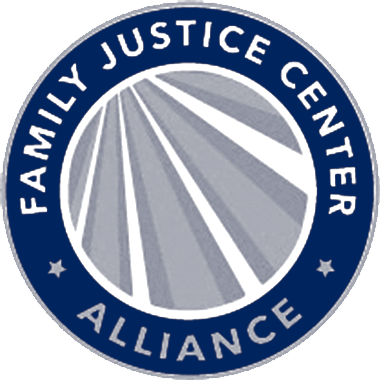The Covid-19 pandemic has disrupted life for all of us.
This October, as we observe Domestic Violence Awareness Month, I hope we will all focus attention on those who have been especially vulnerable during this devastating public health crisis: The thousands of adults and children living in our communities who have also experienced the devastation of domestic abuse during an extended period of social isolation.
Lockdowns may have ended for many, but the consequences of the abuse victims suffered during this ongoing pandemic have not stopped. Even though life has become more normal as Connecticut’s Covid-19 infection rates have stabilized, I continue to find myself afraid for the countless victims who have suffered in silence as they sheltered in place with their abusers.
At the height of this pandemic in Connecticut, too many abused people were extremely limited in their ability to safely ask for help. Their abusers– who we know thrive on control they exert over their victims—were emboldened by the opportunity the pandemic presented to completely control their victims’ lives and escalate their abusive tendencies.
In what the United Nations has described as a global second “shadow pandemic” our team at The Center for Family Justice in Bridgeport is now beginning to see the real-life consequences this public health crisis has had on victims behind closed doors. And it’s a terrifying tale.
During the first weeks of March, when Gov. Ned Lamont first asked Connecticut’s citizens to shelter in place as much as possible, we saw as few as three new clients a week. More recently, those numbers have spiked to more than 20 new clients a week.
Meanwhile, our state coalition, CCADV, has reported an increase of as much as 56 percent in crisis hotlines calls through its Safe Connect program since March.
These numbers are staggering and put a spotlight on just how critical agencies such as ours are in the lives of victims and survivors. We are proud that we have worked diligently to be available to survivors as they slowly regain the ability to safely come forward, tell their stories and begin the challenging journey of overcoming their trauma. We are grateful we are able to provide shelter and comprehensive services to help them rebuild their lives.
The needs of the victims and survivors we are serving now seem more acute than ever. Our 15-bed safe house is full and has been for months. Many of our clients are also coping with the consequences of job loss as well as food and housing insecurity. Those engaged in legal disputes with their abusers over issues such as divorce and child custody have struggled with Covid-related delays in our court system, making their efforts to safely exit abusive relationships more protracted and frustrating.
All of these complications make a victims’ ability to live trauma-free lives more precarious and increase their vulnerabilities. Often, our clients tell us they were forced to contemplate the awful choice of staying with their abuser, or giving up the roof over their heads.
This month, as we do every October, CFJ will host a Domestic Violence Awareness Month vigil to commemorate the lives of victims lost to domestic violence homicides during the previous year. In the interest of public health, we will not gather in person this year, but will host our vigil virtually via social media on Thursday, Oct. 22 at 7 p.m. At that time, we will solemnly honor the 14 adults and children murdered in Connecticut by domestic abusers in 2019.
We hope when we gather next year we have no names to read, but unfortunately that’s not likely as long as long as we live in a society where gender-based violence proliferates in the shadows.
Still, we can all commit to doing just one thing this October to help create safer, healthier communities free of gender-based violence.
Start by paying attention. Listen and look for signs of abuse. Remember that domestic violence doesn’t always show itself through telltale bruises and injuries. Don’t ignore the screaming at the neighbor’s house, the crying friend who “can’t talk right now” or the relative who sends cryptic texts about their volatile partner.
Say something for the sake of the kids who don’t have access to the daily respite of school and may be experiencing abuse in their homes for the first time and have no one to tell. We know the consequences of this childhood trauma can last a lifetime.
If you are worried about someone, call our hotline numbers 1-203-384-9559 for domestic violence or 203-333-2233 for sexual violence. You can also call CCADV’s Safe Connect hotline at 1-888-774-2900. We are all here and available to help 24/7.
And please, do what you can to curb this awful pandemic. Wear a mask, wash your hands and social distance to the best of your ability.
Curbing the spread of coronavirus not only keeps our friends and family healthy, but also creates a world that is safer for victims to come forward and get the help they need. If we can do one thing to protect victims this month, let’s at least do that.
Debra A. Greenwood is the President & CEO of The Center for Family Justice, which serves victims of domestic and sexual violence in the communities of Bridgeport, Easton, Fairfield, Stratford, Monroe and Trumbull.






